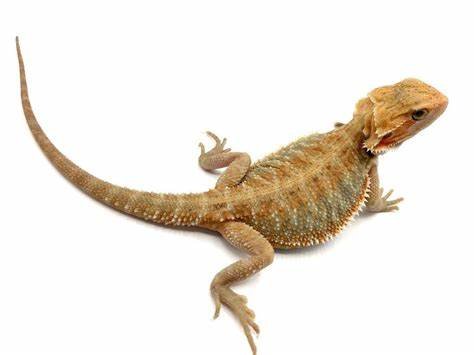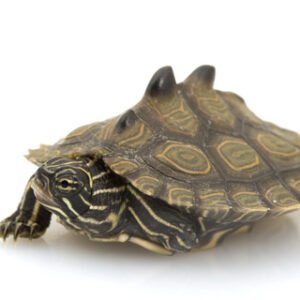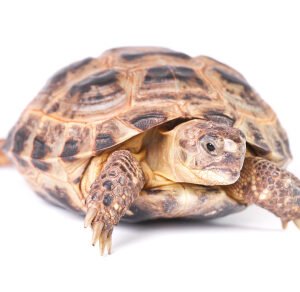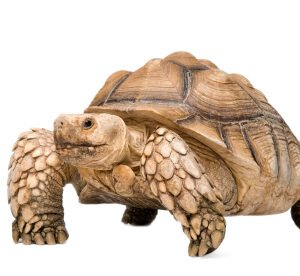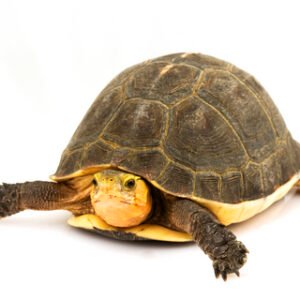All You Need to Know About the Citrus Bearded Dragon: A Comprehensive Guide
Introduction to Citrus Bearded Dragons
The Citrus Bearded Dragon, a popular morph within the species Pogona vitticeps, is renowned for its bright and vibrant coloration, making it a sought-after choice among reptile enthusiasts. This particular morph is characterized by its striking yellow and orange hues, often bringing a unique aesthetic to any reptile collection. Originating from the Central Australian region, bearded dragons, including the Citrus variety, have adapted to various environments, showcasing their resilience and versatility as a species.
Citrus Bearded Dragons are distinguished from other bearded dragon morphs by their vivid color palette, which can include shades of yellow, gold, and orange that are enhanced through selective breeding. This visual appeal, however, is just a fraction of what makes them unique; they possess specific temperament traits that can make them engaging companions. Typically, citrus bearded dragons exhibit calm and friendly behaviors, diurnal habits, and curious natures, allowing them to become interactive pets for their owners.
Understanding the distinct care needs of these reptiles is crucial for potential owners. Like all bearded dragons, Citrus Bearded Dragons require a carefully controlled habitat, comprising appropriate lighting, heating, and substrate, to thrive. Their dietary needs also differ slightly based on their age, requiring a careful balance of live insects and plant-based foods to ensure optimal health. By grasping these specific requirements and recognizing their social behaviors, new owners can prepare themselves for the joys and responsibilities of pet ownership, ensuring their citrus companions flourish in a suitable environment.
Physical Characteristics and Morphology
The Citrus Bearded Dragon is a captivating morph of the commonly kept pet lizard, the Centralian Bearded Dragon. Known for its vibrant coloration, it typically exhibits a palette dominated by bright yellows and oranges, giving it a striking appearance that is highly sought after by reptile enthusiasts. Depending on the individual and the specific line, these dragons may also present with varying degrees of translucency, further enhancing their visual appeal. The term “citrus” not only refers to their color but also encapsulates the lively energy of these reptiles, often making them a favorite among collectors.
In terms of size, Citrus Bearded Dragons can grow to an average length of 18 to 24 inches, a standard for many bearded dragons. Their robust bodies are complemented by a wide head and a distinct beard of spiny scales that can puff out when threatened. A prominent characteristic is their large, expressive eyes, which can vary in color from dark brown to pale amber, depending on breeding. The morphology of these lizards is designed for their native arid environments, with adaptations such as a flattened body and limbs that facilitate swift movement across rocky terrains.
Selective breeding has played a significant role in defining the Citrus Bearded Dragon’s distinct features. Breeders aim to enhance specific traits, often focusing on color saturation and clarity, which can result in remarkable variations among individuals. While some may show an almost neon yellow hue, others may possess a blend of orange shades that contribute to their uniqueness. This emphasis on color and size not only underscores the aesthetic value of this morph but has also established it as a prized specimen within the reptile pet trade, fostering a deeper appreciation for the genetic diversity among bearded dragon morphs.
Habitat and Care Requirements
The Citrus Bearded Dragon, scientifically named Pogona vitticeps, thrives in a carefully curated environment that mimics its natural habitat. To ensure the well-being of these reptiles, owners must be mindful of specific habitat needs, which include tank size, substrate, lighting, and temperature requirements. An appropriate tank size is crucial; a minimum of a 40-gallon terrarium is recommended for one adult Citrus Bearded Dragon. This spacious environment allows for ample movement and exercise, both of which are essential for their health.
When setting up the tank, selecting the correct substrate is equally important. Common choices include reptile carpet, paper towels, or a specialized substrate that facilitates easy cleaning while preventing ingestion hazards. Additionally, creating the right lighting setup is vital; Citrus Bearded Dragons require UVB lighting to synthesize vitamin D3, necessary for calcium metabolism. This should be combined with a basking lamp to maintain a proper temperature gradient. Ideal temperatures range from 95°F to 105°F in the basking area, with a cooler side of around 75°F to 85°F.
The dietary needs of Citrus Bearded Dragons are also crucial for their overall health. A balanced diet should consist of a combination of live insects such as crickets and mealworms, alongside fresh vegetables and greens, like collard greens and squash. It is recommended to avoid feeding them high-fat insects and to ensure that any plant matter is safe and non-toxic. New owners often make common mistakes, such as providing an inadequate diet or failing to maintain proper tank temperatures. To create an ideal environment, it is essential to regularly monitor these conditions and adjust as necessary, ensuring your Citrus Bearded Dragon thrives in a healthy and stimulating habitat.
Behavior, Socialization, and Health Issues
Citrus Bearded Dragons are known for their vibrant colors and distinct personalities, making them popular pets among reptile enthusiasts. Understanding their behavior is crucial to fostering a strong bond with them. These dragons are inherently social creatures that thrive on interaction, both with their human caregivers and, to some extent, with other reptiles. They often enjoy being handled, and gentle, regular interaction can help minimize stress and promote a trusting relationship.
Socialization is an essential aspect of owning a Citrus Bearded Dragon. From a young age, these reptiles should be exposed to a variety of environments and people, which helps them develop a well-rounded temperament. It’s advisable to handle them consistently but patiently, allowing them to acclimate to human interaction. Observing their body language can provide insight into their feelings; for instance, a relaxed posture usually indicates comfort, while puffing up or aggressive gestures might suggest stress or discomfort.
Despite their hardy nature, Citrus Bearded Dragons are susceptible to certain health issues. Common ailments include metabolic bone disease, respiratory infections, and parasites, which can affect their overall well-being. Owners should be vigilant in recognizing the signs of illness, such as lethargy, lack of appetite, or irregular breathing. Monitoring their habitat conditions, including temperature and humidity, is vital in preventing health problems. Regular veterinary check-ups play an essential role in ensuring the longevity and vitality of these reptiles. A qualified veterinarian specializing in reptiles can provide the necessary care and guidance to maintain a healthy environment.
In conclusion, understanding the behavior and socialization needs of Citrus Bearded Dragons, alongside being aware of potential health issues, ensures a rewarding experience for both the pet and the owner. Providing a nurturing and attentive environment will help these reptiles thrive in captivity.

